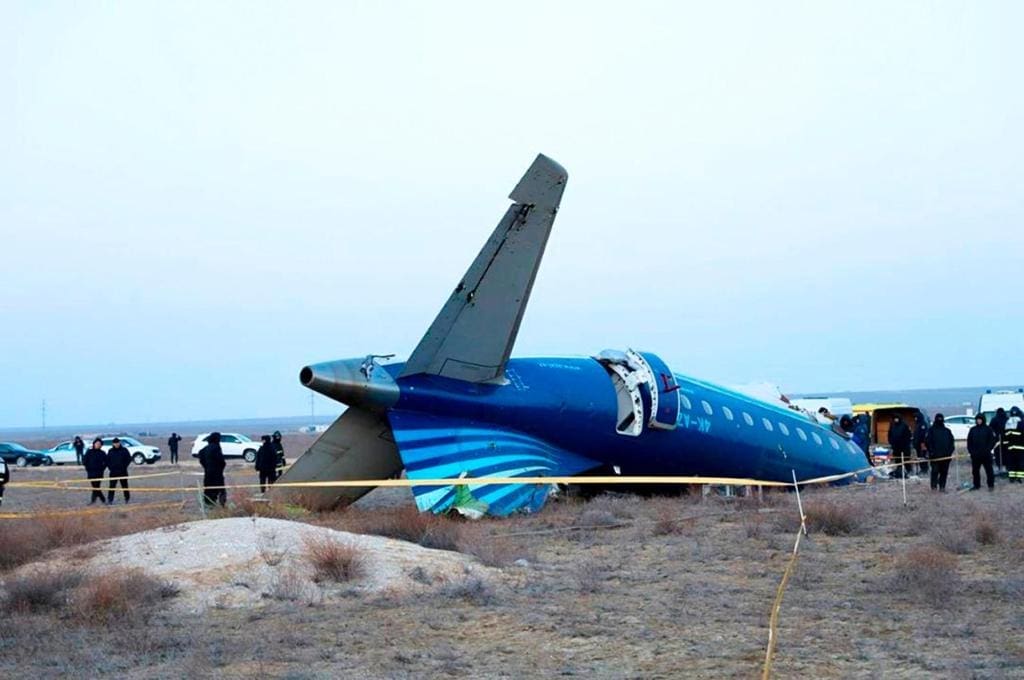An Azerbaijani airliner crash has come under scrutiny as the minister suggests external interference. Rashad Nabiyev cited expert opinions and survivor accounts, pointing to a possible weapon strike that led to the catastrophe, raising tensions with Russia.
The crash of an Azerbaijan Airlines plane near Aktau, Kazakhstan, which killed 38 and injured 29, is now a subject of intense investigation. Azerbaijani Minister of Digital Development and Transportation, Rashad Nabiyev, openly suggested that the preliminary expert analysis indicates an external impact. Survivor testimonies strengthened these allegations, adding pressure on Russia, where the plane was heading before diverting to Kazakhstan.
The incident occurred as the flight from Baku to Grozny attempted to land in Kazakhstan. Survivors, including flight attendant Aydan Rahimli, reported hearing loud noises before and after the oxygen masks deployed, contradicting Kazakhstan’s claim of an internal oxygen canister explosion. Other witnesses, such as Zulfugar Asadov, perceived these noises as external hits, challenging official explanations.
Dmitry Yadrov from Russia’s civil aviation authority mentioned that the plane was rerouted due to Ukrainian drone activity in Grozny but did not address the speculation about Russian air defenses possibly engaging the aircraft. The crash, if proven to be caused by defense activities, would follow a troubling precedent similar to the 2014 Malaysia Airlines disaster, which involved a missile over Ukraine.
Amidst the ongoing inquiry, Azerbaijan Airlines announced a suspension of flights to several Russian destinations, citing ‘physical and technical interference.’ The airline’s decision aligns with the broader aviation industry’s reaction, including FlyDubai and El Al, which have also adapted routes in response to the precarious situation in Russian airspace.
As the investigation unfolds, the potential involvement of military defenses in civilian airspace brings to mind significant geopolitical implications. Past incidents have highlighted the dangers of misidentifying civilian aircraft, a risk now again under consideration.
The aftermath of the Azerbaijani plane crash continues to unfold, with allegations of external strikes intensifying the geopolitical stakes. The outcomes of the investigation will be crucial in understanding the circumstances surrounding the crash, potentially challenging existing narratives and impacting international aviation protocols.








